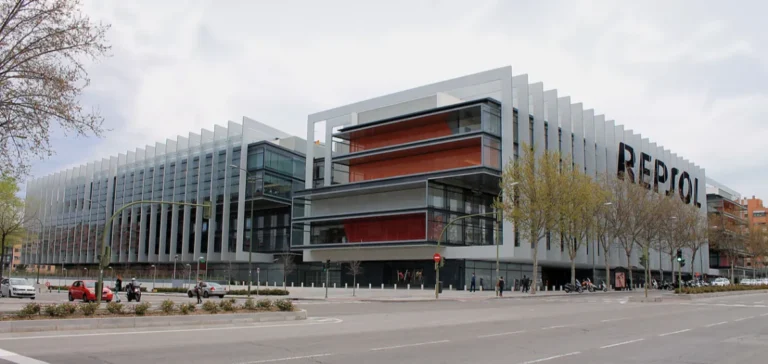Energy group Repsol announced a significant 34% drop in net profit over the first nine months of 2025, reaching €1.18bn ($1.25bn), compared with €1.79bn ($1.90bn) a year earlier. This contraction is primarily linked to ongoing volatility in energy markets and the decline in oil prices, which weighed on the group’s overall performance.
Operating results and debt development
Repsol’s adjusted profit, an indicator favoured by investors to assess the company’s actual profitability, fell by 19% over the period, reaching €2.17bn ($2.30bn). At the same time, the company’s net debt increased. This rise is partly due to the merger of Repsol’s UK subsidiary with Neo Energy, a strategic move to strengthen its presence in the North Sea hydrocarbons sector.
The company, led by Josu Jon Imaz, operates in more than 20 countries and employs over 26,000 people. It maintains activities in refining, exploration, production and marketing of oil and gas products.
Impact of regional events on performance
In addition to global sector challenges, Repsol also suffered from regional disruptions. A major power outage on April 28 in the Iberian Peninsula had direct repercussions on the group’s industrial activity. This large-scale interruption contributed to the sharp decline in half-year profit to €603mn ($638mn), down from €1.63bn ($1.72bn) in the first six months of 2024.
The group did not specify the long-term effects of the UK merger or the Iberian outage on its annual forecasts but remains exposed to energy price instability and global macroeconomic conditions.






















